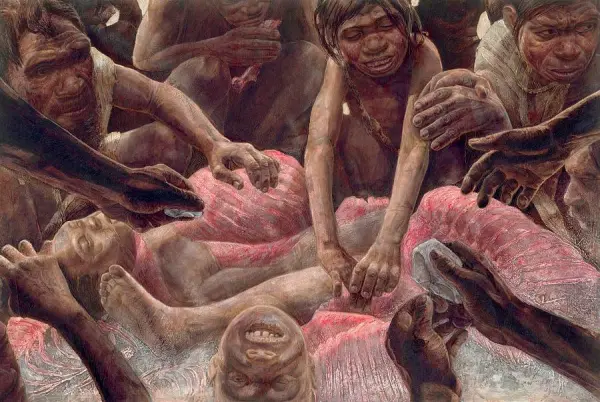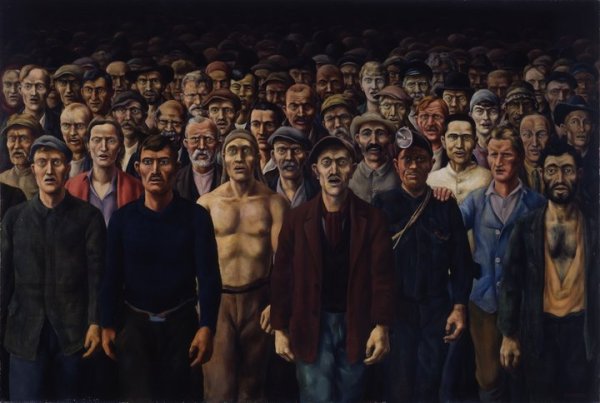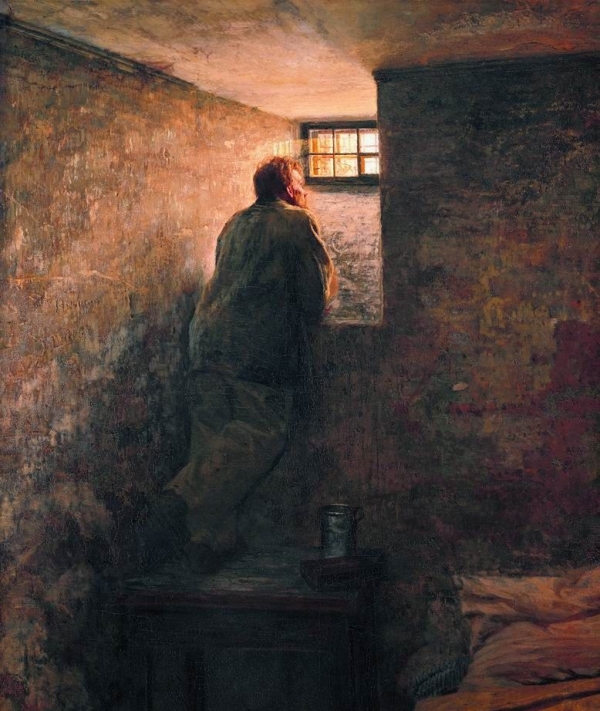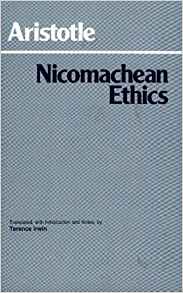“Nothing is true, everything is permitted” was supposedly the last words of the founder of a 12th-century Persian assassin group called Hashashin. It is a quote that has inspired thinkers like Nietzsche to include it in his work and regard it as the freedom of the spirit (1989). Although such a way of thinking argues that a “truly free individual” would not conform to social moral obligations due to a supposed contradiction between one’s “true... Continue Reading →
Dubious Sites of Vague Human Activity: Internal and External Goods… A Modern Paradox
In the previous post of this series, we entered into the office and made a distinction between "peculiar" and "out of context" occupations. We defined "peculiar" jobs as those that are particularly useful to and designed for the site that it works for, such as a curator or an archivist. On the other hand, we... Continue Reading →
Reversing the Irreversible Flow of History
What is the purpose of punishment? A tool for justice? Or a legitimate way of taking revenge? When justice is sought, why do we ask the question 'who should we punish' instead of asking 'why do we punish'? As Nietzsche writes in On the Genealogy of Morals, institutions of law take revenge out of the... Continue Reading →
Happiness, The Ultimate End?
Happiness is acquired by virtue, and hence by our own actions, not by fortune. In Nicomachean Ethics, Aristotle regards the highest form of human good as eudaimonia, which would be roughly translated as happiness in English. He further argues that in order to achieve such happiness, one should act with appropriate virtues over the course... Continue Reading →
Nicomachean Ethics / Aristotle
From Terence Irwin's translation: "The cultivated people, those active [in politics], conceive the good as honor, since this is more or less the end [normally pursued] in the political life. This, however, appears to be too superficial to be what we are seeking, since it seems to depend more on those who honor than on... Continue Reading →




